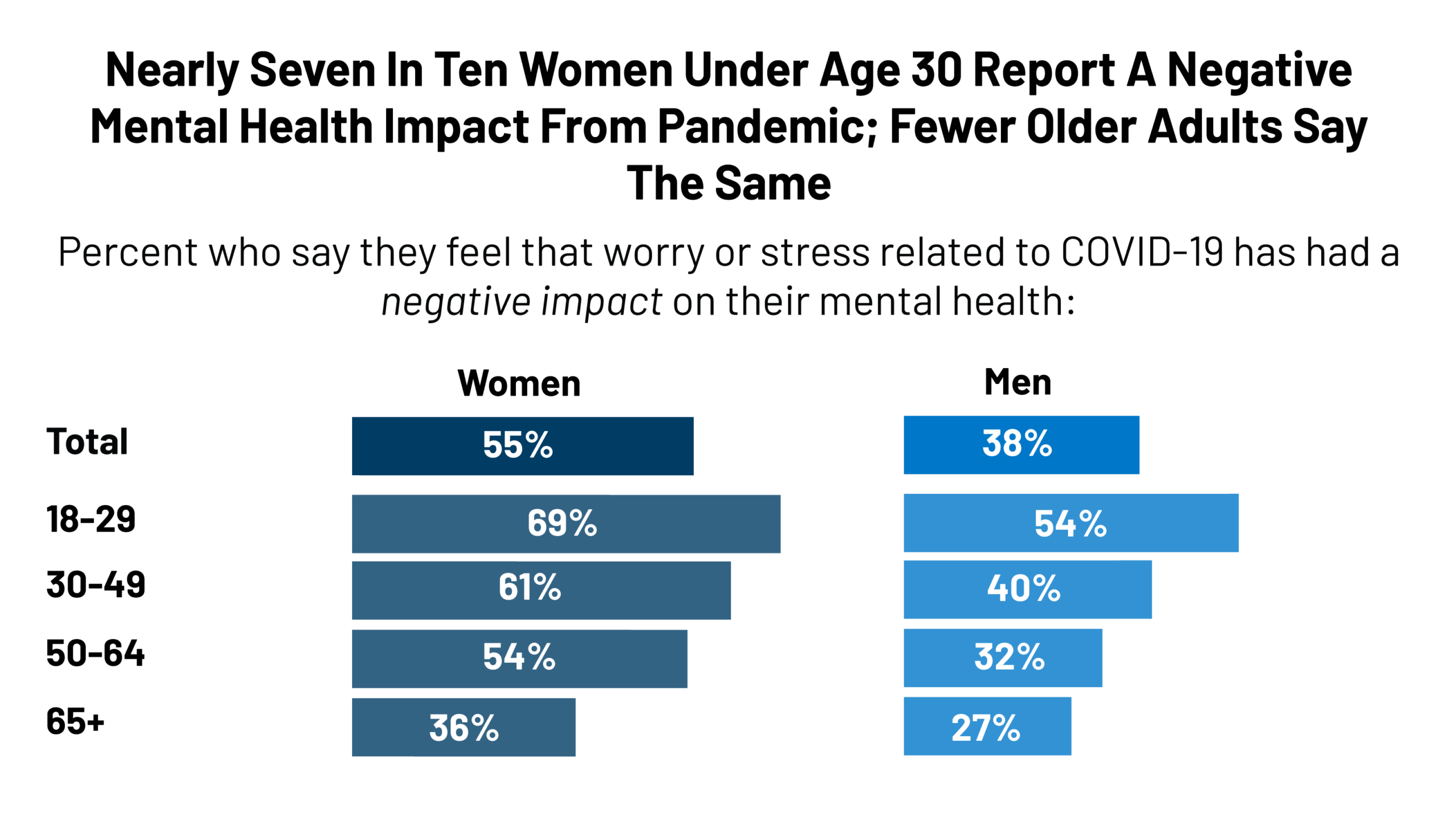Written By Brendan Sorenson, Posted on July 8, 2024

We are not as dogmatic as previous generations
By Brendan Sorenson
I have worked at a typical job for people my age; it’s a service job, nothing fancy, and it is simple. Since the job is simple, I have found it easy to live in the moment. Although I was neither overly joyful nor sad, I was looking forward to going to university to be with other young people who were starting out in life. However, when I went to university and observed my peers, I noticed that the social circles were very distinct and different. They were polar opposites.
The people who socialized and were more talkative appeared happier than the more withdrawn population. This confused me because, even though university students would not enjoy every social circle, it appeared as if the second group was content with not being a part of the social fabric. I decided to try to find out why young, independent adults whose lives had just started would be so sad. However, before I could really delve into the problem, COVID-19 struck, and universities were shut down for two years. Upon our return, I noticed that many people were much more introverted and antisocial, which made me want to research why this would be.
My original belief was that it was a reaction to COVID-19. However, I was surprised to find out that, according to Dr. Hailey Hamilton, Senior Scientist at the Centre for Addiction and Mental Health (CAMH), “Ontario students were already reporting high levels of suicidal ideation, self-harm, and psychological distress before COVID-19 emerged.” The pandemic didn’t help this trend as results from the Ontario Student Drug Use and Health Survey state that “The COVID-19 pandemic has had a major impact on the mental health of Ontario students, with 59 percent saying the pandemic has made them feel depressed about the future, and 39 percent reporting it has made their mental health worse.” Another article states that “According to statistics published by the Canadian Mental Health Association, youth ages 15-24 experience depression at a rate of 6.5 percent,” which is less than older people in Canada yet is still a significant number.
According to the Ontario Student Drug Use and Health Survey, there seems to be a mixture of reasons for youth depression. However, the biggest reason appears to be climate change hysteria, something youth have been primed to believe is inevitable and have no control over. Uncertainty about their future because of COVID-19 has also increased their feelings of depression and fear for the future. As a result of this fear, young people and adults may have turned more and more to social media and gaming, which may have exacerbated these fears. These reasons suggest that young adults are very aware of their situation, which is a good thing. However, they are drawing conclusions that are not set in stone and they do not seem to realize that the situation can be changed.
My takeaways from the articles and my observations are that young people want something to change. Generation Z wants to have a future. Contrary to how they are often described, they are not lazy, and many are depressed as a result of their concern for the future. The best news is these young adults are not as dogmatic as previous generations and they are willing to change. They are ready to reintroduce former values within our civilization. These values should help them gain the tools for a healthier and better future.
Brendan is a 4th year University student studying Political Science. He's a political activist and aims to pursue a career in provincial politics. His goal is to engage youth in politics.
Very well presented. Every quote was awesome and thanks for sharing the content. Keep sharing and keep motivating others.